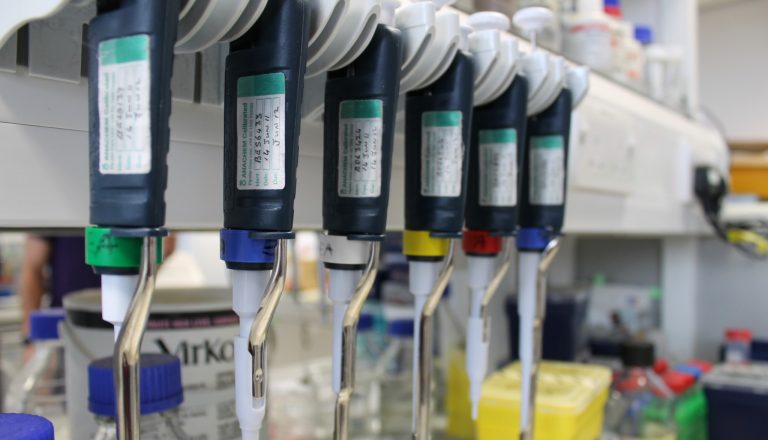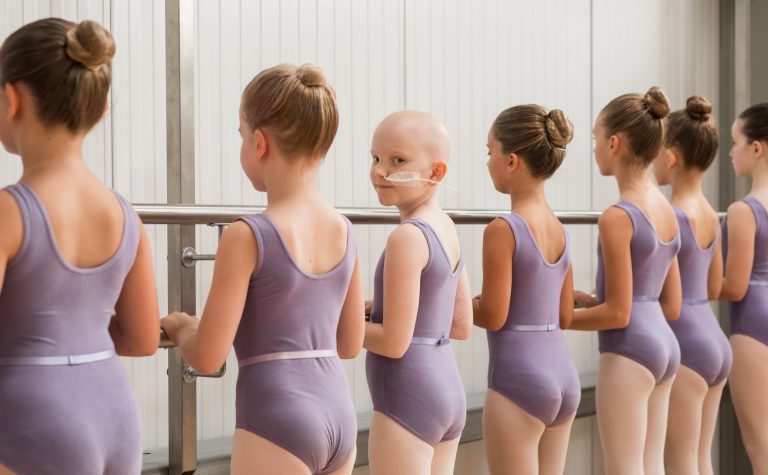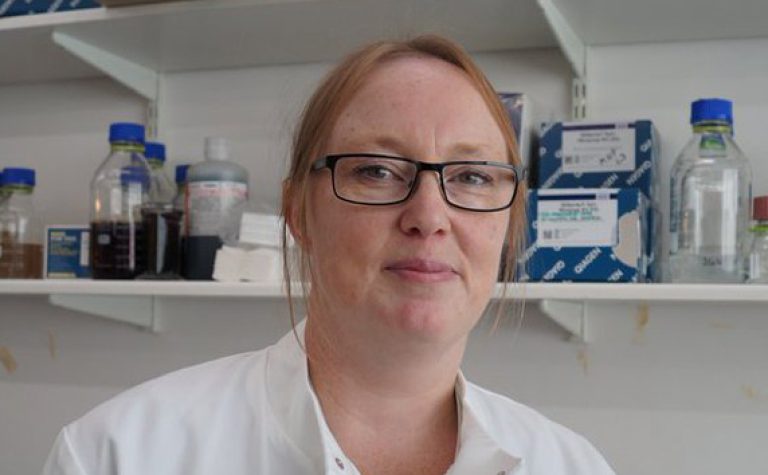Project Details
Project Title
Identifying epigenetic biomarkers of early-life factors in association with childhood cancer risk.
Lead Researcher
Dr Natália Spitz Toledo Dias
Research Centre
International Agency for Research on Cancer (IARC), part of the World Health Organisation (WHO)
City & Institution Postcode
Lyon, France, 69008
Start Date
9 January 2021
Duration
24 months
Grant Amount
€90,000




